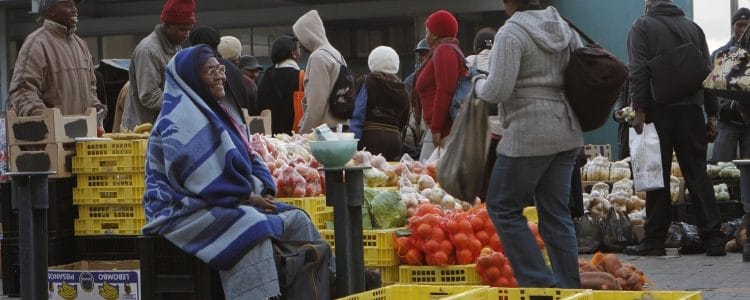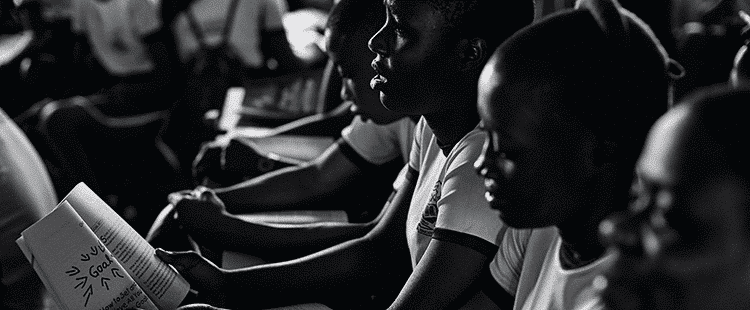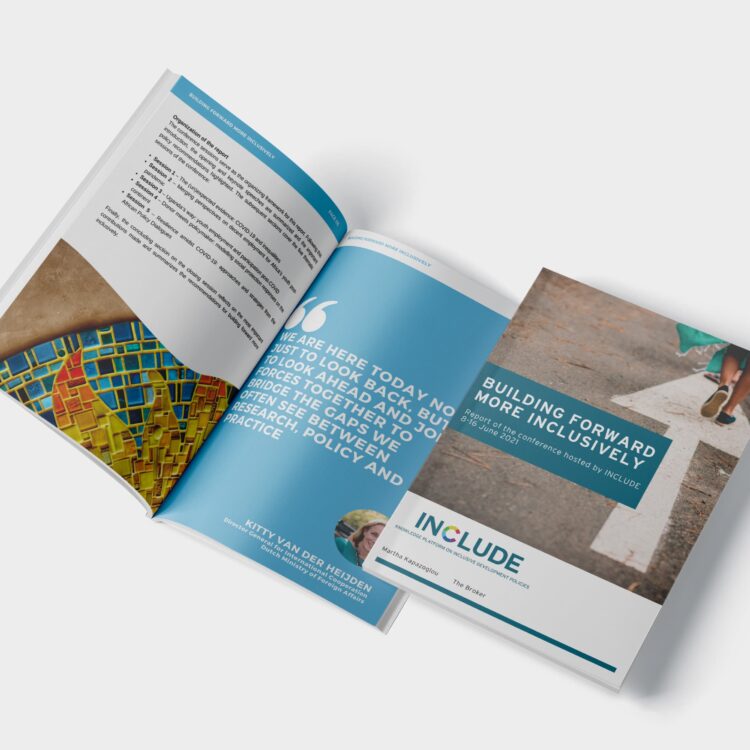
It is difficult to define the middle class in Africa without taking into account regional differences due to countries’ different levels of development. If South Africa is excluded from the equation, four general points can be made about Africa’s middle class.
- The lower middle class is on the verge of moving from a state of vulnerability to experiencing poverty. This is due to successive financial and economic crises, external shocks, the saturation of the labour market (a large and inadequate supply of labour compared to low demand by enterprises), high population growth and a young population. These are factors that policy makers are trying to control in the medium term.
- The upper middle class will not be a driver of inclusive development if it is not accompanied by policies that support its main activity sectors. Policies should try to strengthen contributions to wealth creation in the primary, secondary and tertiary sectors. The competitiveness of African economies (also in the service sector) is important because the middle class is largely spread in this sector dominated by the informal activities, which are difficult to frame. It is therefore important to strengthen the efforts made to support SMEs (Small and Medium Enterprises) and Small and Medium Industries (SMIs) which belong to the informal sector which absorb more than 50% of the active labour force in some countries.
- The inefficiency of national public policies explains the fragmentation of the middle class, meaning a strengthening of the other classes. In fact, the middle class does not evolve in a favourable economic and political environment that could take advantage of its opportunities. The States should thus continue to work together in regional integration organizations and adopt common policies. African Union countries that have similar levels of development will be more resilient to external shocks, such as falling commodity prices and rising of manufactured import prices. They have to weave the protective cocoons of economic and monetary integration. That is why the WAEMU’s agricultural, industrial and monetary policies are very crucial.
- The contribution of the middle class to development is a long-term process in Africa. The intellectual professions – engineers and managers − have a high level of human capital that requires long time investment. However, the returns of this investment only come at the middle and at the end of individuals’ lives. Given low life-expectancy rates and the continent’s unemployment levels, much of this investment is lost. To reverse the trend and have profits in the medium and short-term of the dynamics of this middle class, two types of measures should be taken. Firstly, in addition to human development policies, private entrepreneurship should be encouraged to absorb the available human capital and, secondly, innovations in the dominant sectors should be supported.
The middle class is not statistically significant in Sub-Saharan Africa unlike in the Maghreb countries and South Africa. This class could be the true driver of some principles of inclusive development, such as the respect of human rights and environment, but it has a relatively low economic role compared to the upper class and the working classes that respectively bear investment and labor force.




